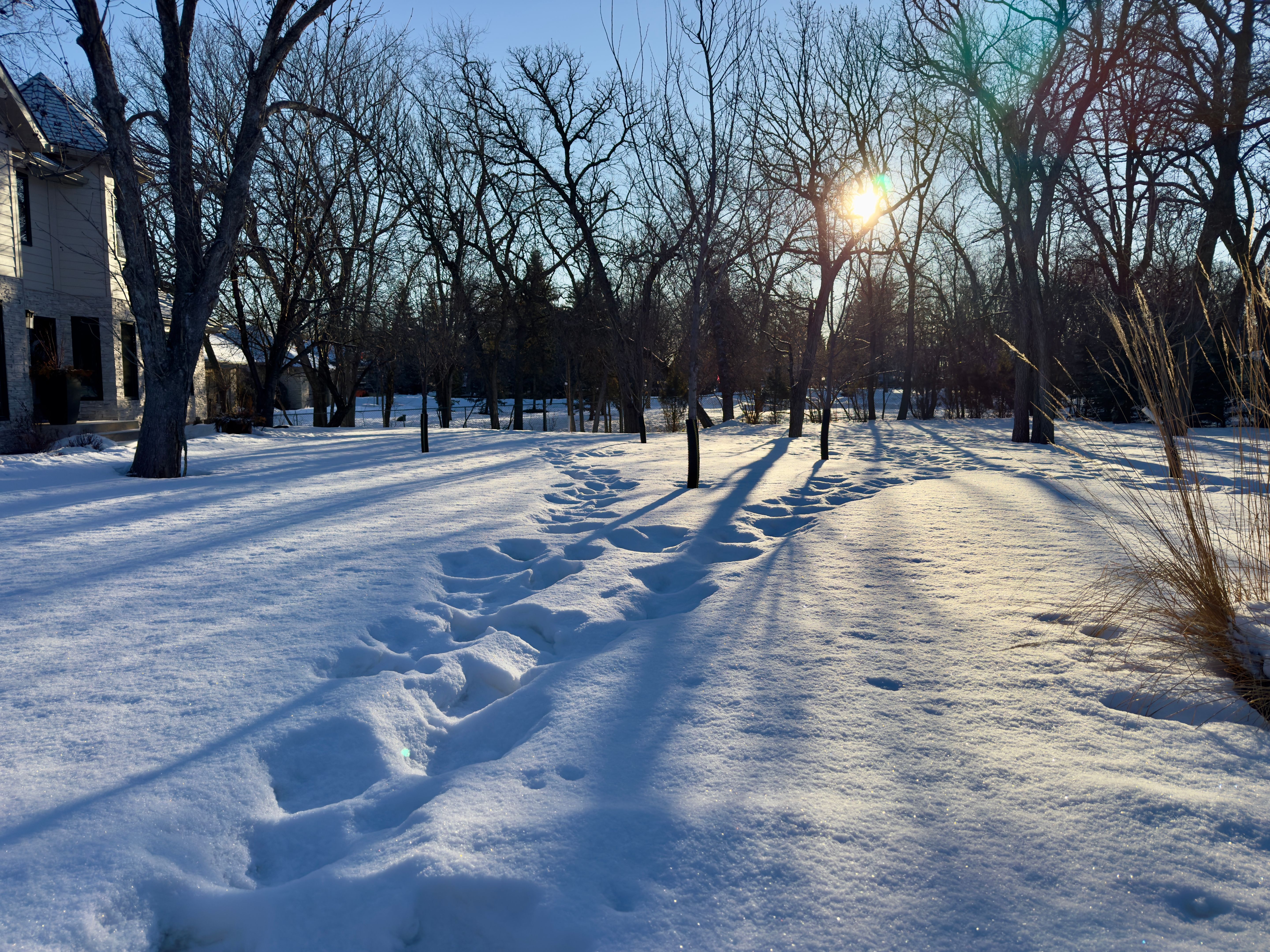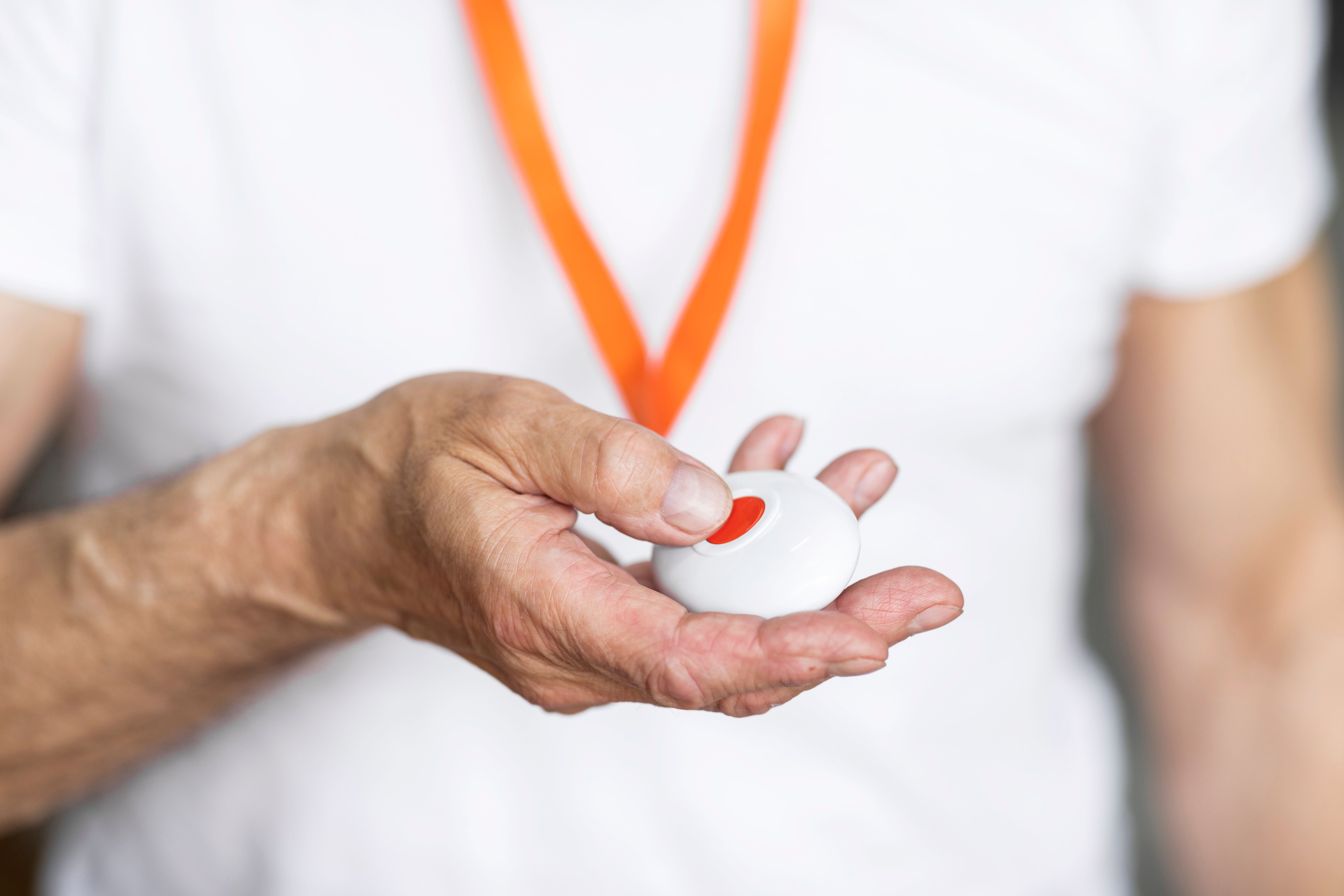Winter Safety Tips: Preparing with Self-Defense Skills
MN
As winter approaches, it's essential to prepare not just for the cold weather but also for maintaining personal safety. While bundling up in layers, we often forget that our mobility and awareness can be impacted. Learning self-defense skills is an invaluable way to ensure safety during the winter months.

Understanding Winter Hazards
Winter brings unique challenges that can affect personal safety. Slippery sidewalks and early darkness are just a couple of conditions that can make you more vulnerable. Being aware of your surroundings and understanding potential hazards is the first step in protecting yourself.
Consider carrying a small flashlight or wearing reflective gear during evening walks. These simple additions can increase your visibility and awareness, giving you a better chance to react to any potential threats.
Self-Defense Basics
Even if you're bundled in a thick coat, basic self-defense techniques can be adapted for winter conditions. Focus on learning key defensive moves such as blocking, striking, and escaping from holds. These can be practiced indoors, ensuring you're prepared regardless of the weather outside.

Consider enrolling in a self-defense class that covers winter-specific scenarios. Many community centers offer courses that can teach you how to protect yourself while wearing bulky clothing or navigating icy surfaces.
Tools for Safety
Aside from physical skills, several tools can enhance your safety during the winter. Personal alarms or pepper spray are compact and effective means of self-defense. Always ensure these tools are accessible, even when wearing gloves or mittens.
- Personal Alarms: These can deter potential attackers with a loud noise.
- Pepper Spray: Effective for keeping threats at a distance.
- Keychain Defense Tools: Small and easy to carry, these can provide an additional layer of protection.

Practicing Awareness
Awareness is a critical component of self-defense. Pay attention to your surroundings, especially in isolated areas. Trust your instincts; if something feels off, it probably is. Being proactive about your safety can prevent many dangerous situations.
Developing a habit of checking your environment and planning your routes in advance can significantly reduce risks. Familiarize yourself with safe zones in your area, such as well-lit streets and busy public places.
Conclusion
Winter should not be a time of vulnerability. By preparing with self-defense skills and maintaining awareness, you can enjoy the season while staying safe. Remember, the best defense is prevention. Equip yourself with the knowledge and tools necessary to navigate winter safely and confidently.
